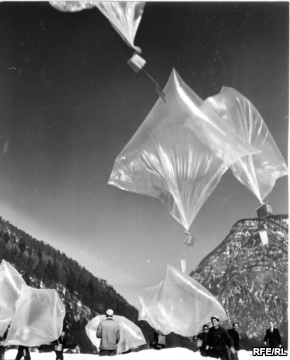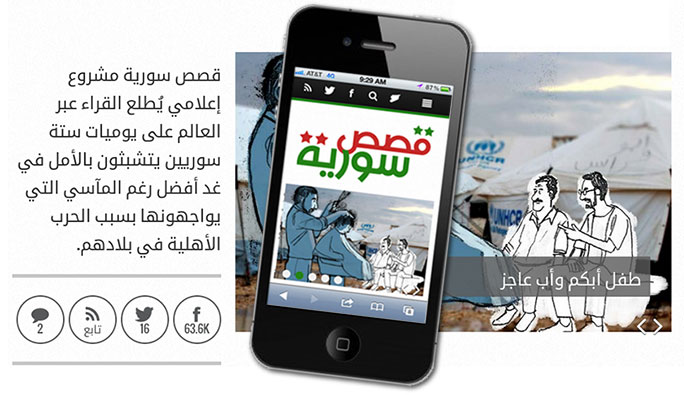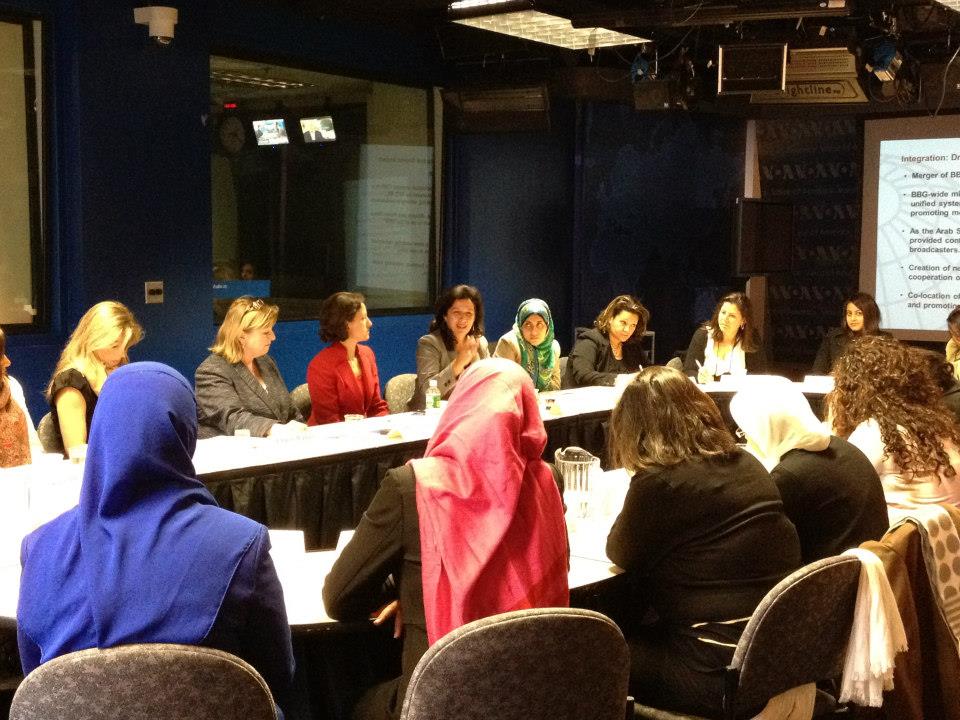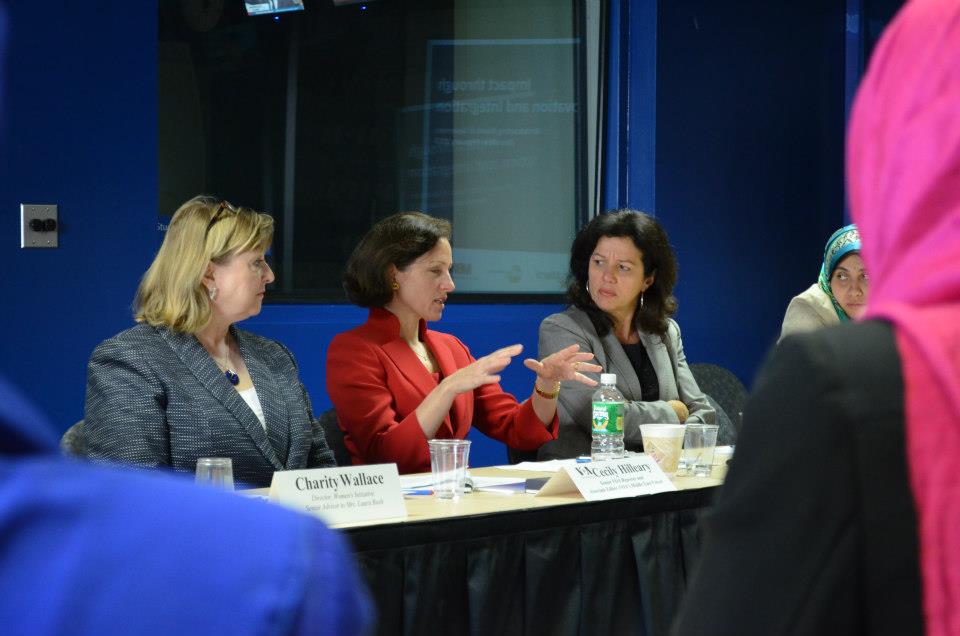David Ensor on U.S. International Media
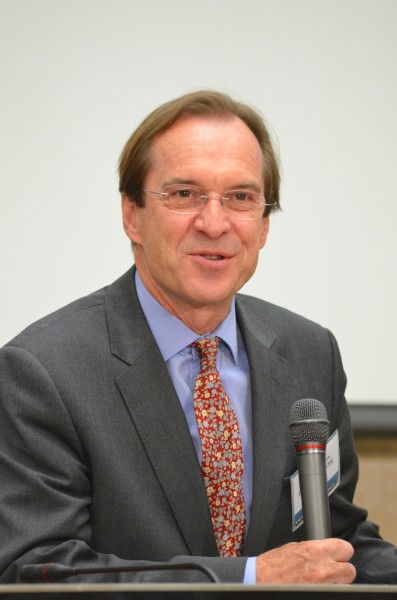
David Ensor talking at the Global Diaspora Forum on May 14 in Washington, D.C.
Voice of America director David Ensor knows how crucial U.S. international broadcasting is to spreading accurate, objective and comprehensive information. While on a speaking tour earlier this year, Director Ensor discussed VOA’s continued impact with students and members of the diaspora across the United States. Audience members who had immigrated to the U.S. reinforced his message, attesting to VOA’s importance in countries where the government controls or restricts media. For them often the only source of accurate and reliable news came from VOA or another BBG broadcaster. Many in the audience, however, didn’t realize that people around the world still relied on programs from U.S. international broadcasters.
But that may soon change.
Although journalists within the BBG network have been heard around the world for more than 70 years, only recently have the broadcasts been allowed to be made available upon request within the United States. The broader access will make VOA and other U.S. international broadcasters better known in the U.S. and conceivably allow diaspora communities access to accurate, objective and comprehensive news in their native languages.
Leave a comment
